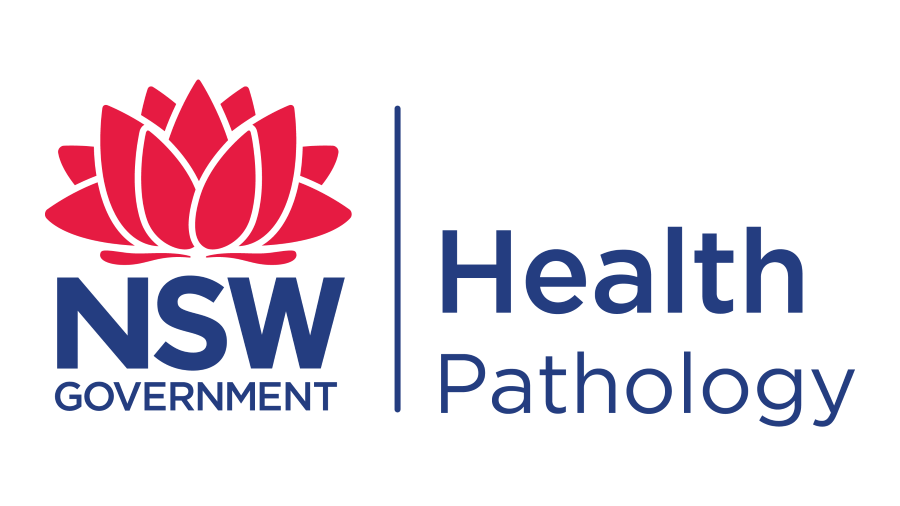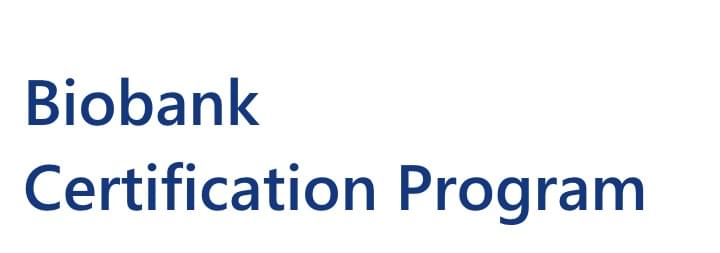Dermatology Biobank
To establish a Dermatology Biobank which aims to collect Dermatology specimens and information for research into skin disease. Specifically, it will collect, process and store biospecimens such as blood, skin tissue, hair, urine, saliva, and health information from patients diagnosed with skin diseases such as Hidradenitis Suppurativa, Acne, Psoriasis and Vitiligo, with expansion to other skin diseases in the future. Banking of biospecimens will occur at the Ingham Institute in association with the Department of Dermatology, Department of Plastic Surgery, and Department of Anatomical Pathology at Liverpool Hospital, Sydney. These aims will be achieved by using and appropriately modifying the well-established standardized work procedures (SWPs) of the long established CONCERT Biobank. The SWPs which range from specimen collection, preservation, and distribution to data storage, have been developed according to international best practice (ISBER & OECD) ensuring the collected material is of the highest quality while constantly maintaining respect to the participant. Collected biospecimens and information will be made available to researchers within our Department for use in scientifically valid and ethically approved research projects. The proposed establishment of the Dermatology Biobank is a vital resource that will facilitate the translation of basic laboratory research into clinical practice and enable the development of new methods for prevention, diagnosis, treatment of skin diseases in this health service area and New South Wales.
| Registered Biobank Name | Dermatology Biobank |
| Biobank Leader | Dunja Ana Vekic |
| Principal Investigator | A/Professor Geoffrey Cains |
| Address |
Ingham Institute, 1 Campbell Street Liverpool, NSW, Australia |
| Website | |
| Email for biobank inquiries | dunja.vekic@sswahs.nsw.gov.au |
User Type
|
Oligo - Collection aimed at supporting several research projects, a research group or a research consortium |

